Description
The Ester form of Vitamin C consists of several molecules of Ascorbic Acid linked together to form one large molecule. Vitamin C Ester also contains metabolites of Vitamin C such as threonic acid that may increase its bio-availability.
Vitamin C Ester is claimed to be the most bio-available form of Vitamin C (Johnston, 1994). Nowhere in nature that humans would find ascorbic acid on its own. It is always bonded for stability to mineral.
Vitamin C Ester is Calcium Ascorbate which is a unique and exclusive form of vitamin C.
Production includes using a proprietary, water-based manufacturing process that will result in a pH neutral product containing naturally occurring vitamin C metabolites. These metabolites activate the vitamin C molecules thereby increasing its absorption, distribution and dose of bio-availability (Valerio, 2015).
Sources of natural Vitamin C would include citrus fruits and juice, red and green peppers, broccoli, strawberries and Brussels sprouts.
Benefits of Vitamin C
Benefits of Vitamin C is that it is an essential nutrient in tissue repair. It is also supporting the enzymatic production of certain neurotransmitters.
Vitamin C counteracts many types of bacterial and viral diseases, inhibit some type of viruses and may help prevent hepatitis.
Vitamin C may help and treat many forms of cancers. It may help prevent rheumatic fever, and immune support. Vitamin C is may be very helpful chelation orally for heavy metals.
General uses of Vitamin C
Vitamin C may be helped with Age-related macular degeneration (AMD). Vitamin E, beta-carotene and zinc may help prevent AMD to become worse. Vitamin C together with Vitamin E may reduce albuminuria in diabetics. Vitamin C before and for a few days after heart surgery helps prevent irregular heartbeat after heart surgery especially atrial fibrillation.
For a common cold or flu taking 1-3 grams of vitamin C might shorten the course of the cold by 1 to 1.5 days and improve the symptoms and immune response. Limb pain that usually occurs after an injury called complex regional pain syndrome can prevent this type of pain.
Erythema that is skin redness caused by injury or irritation a cream containing Vitamin C might decrease skin redness. Vitamin C is one of the antioxidants that according to Skin Cancer Association, researched Vitamin C, Vitamin A and E improves actinic keratosis which is a precursor to skin cancer. Using Vitamin C before heavy physical exercise may prevent upper airway infections that can occur after heavy exercise.
Patients that are non-compliant on their gout medication a higher intake of Vitamin C from is linked to a lower risk of gout in men but doesn’t help to treat gout itself.
Patients with high cholesterol, Vitamin C might reduce low-density lipoprotein (LDL or “bad”) cholesterol in people with high cholesterol and may aid in lowering blood pressure in patient on medication.
As mentioned, Vitamin C is a good oral chelator. Consuming Vitamin C appropriate dosages seems to lower blood levels of lead. Vitamin C seems to prevent cartilage loss and worsening of symptoms in people with osteoarthritis as it improves the structure of cartilage and soft tissue.
Immune modulating effects of Vitamin C
Autoimmune Diseases
Vitamin C may help to prevent active episodes of (Systemic) Lupus Erythematosus (SLE) in patients with existing SLE, may help to prevent Rheumatic Fever and may be useful for the treatment of Sjogren Syndrome (due to its role in the production of Prostaglandin E1) (Horrobin, 1980).
Cancer
The major mechanisms of anti-cancer activity of ascorbate (Vitamin C) reflects either its redox, pro-oxidant or enzyme co-factor activity:
Pro-oxidant activity where Vitamin C needs minimal iron and cupper to form H2O2 (hydrogen peroxide) which will have major cytotoxic effect (Das, 2018).
This exacerbates oxidative stress in the cancer cells causing more oxidative cell damage. The oxidative damage is due to the glutathione depletion (Das, 2018).
Co-factor activity of the deoxygenises. There is up regulation of epigenetic demethylases causes reversal of cancer stem cell phenotype. Up regulation of HIF hydroxylase causes decreased hypoxic stress. Transcription activity of hydroxylase is decreased, and when there is less hypoxic stress there is cancer cellular growth retardation (Das, 2018).
Vitamin C may help to prevent and treat many forms of Cancer (Blok, 1991). Cancer patients are often found to be deficient in Vitamin C and supplemental Vitamin C has increased the life expectancy of some Cancer patients. Vitamin C may help to:
Prevent and treat Bladder Cancer
Prevent and treat Breast Cancer
Prevent Cervical Cancer (Cervical Cancer patients generally have 50% lower levels of Vitamin C compared to healthy people)
Prevent Colon Cancer by speeding the passage of stools through the Intestinal Tract, thereby preventing exposure of the intestines to carcinogens
Prevent Oesophageal Cancer
Prevent Laryngeal Cancer (people who are deficient in Vitamin C have approximately double the risk of developing Larynx Cancer compared to people consuming adequate Vitamin C)
Prevent and treat (carcinogens-induced) Liver Cancer
Prevent Lung Cancer
Prevent Mouth Cancer (Oral Cancer)
May increase the effectiveness of Arsenic Trioxide (an agent used in Chemotherapy) for the treatment of Multiple Myeloma
May inhibit the further growth of Neuroblastoma cells
May enhance the effectiveness of some Anti-Cancer Pharmaceutical Drugs used in Chemotherapy for the treatment of Neuroblastoma. Vitamin C used in conjunction with Chemotherapy which is not a common practice
May improve the ability of Chemotherapy to cause the remission of Ovarian Cancer patients
May help to prevent Pancreatic Cancer
May help to prevent Pharyngeal Cancer
May help to prevent Prostate Cancer and may inhibit the further growth and division of existing Prostate Cancer cells
May help to prevent Skin Cancer
May eliminate Basal Cell Carcinoma
May inhibit the growth of Melanoma cells
May stimulate the Apoptosis (cellular death) of the Cells involved in Squamous Cell Carcinoma
May help to prevent Stomach Cancer
One of the means by which Vitamin C may help to prevent Stomach Cancer is by inhibiting Helicobacter pylori, a type of Bacteria that has been found to cause many cases of Stomach Cancer and
May help to prevent Uterus Cancer
Infections
Bacterial and viral infections may increase the body’s Vitamin C requirements and Vitamin C may help to counteract many types of bacterial, fungal, parasitic and viral diseases (Long, 2003).
Vitamin C:
May help with treatment of Brucellosis
In very high doses may shorten the duration of the symptoms of Glandular Fever (Dalton, 1962).
May help to prevent, reduce severity and accelerate healing of Respiratory Tract Infections
May accelerate recovery from Scarlet Fever in mega doses
Has been used for the treatment of Tetanus
Has been used in mega dose to treat Viral Encephalitis
Has been used beneficially in the fungus Candida albicans
Vitamin C may exert effects against some types of Detrimental Bacteria.
May help to counteract Brucella abortus infection
May kill various species of Clostridium including botulinum and tetani
May reduce the toxicity of the Exotoxin produced by Corynebacterium diphtheriae
May inhibit Escherichia coli
May reduce susceptibility to infection by Helicobacter pylori and Vitamin C may help to eradicate Helicobacter pylori
May inhibit Mycobacterium leprae (leprosy)
May inhibit the proliferation of Porphyromonas gingivalis
May inhibit Pseudomonas aeruginosa (Rawal, 1964)
May inhibit Salmonella typhi
May prevent infection from Shigella species and may accelerate recovery from Shigella infections
May help to prevent infections from detrimental Streptococcus species like faecalis and pneumoniae
May help to prevent infection from Entamoeba histolytica (parasite) and may accelerate recovery from Entamoeba histolytica infection
May help to prevent Malaria (parasite) and may facilitate recovery from Malaria
May inhibit some types of viruses like Covid-19 as expressed by the Chinese Medicine association in Shanghai
Vitamin C 10 grams per day or more may counteract the loss of immunity associated with AIDS. Vitamin C has been demonstrated to inhibit the replication of the HIV virus that causes AIDS
May help to prevent Chickenpox and in mega doses administered intravenously may successfully treat Chickenpox
May help to prevent the Common Cold and Influenza’s severity of symptoms as well as decrease the duration of disease
May inactivate the Cytomegalovirus
May help to prevent Hepatitis
May help to prevent further Herpes Simplex Virus outbreaks in people who have previously become infected with these Simplex lesions.
Vitamin C in mega doses may kill the Herpes Zoster Virus (shingles)
Vitamin C (mega doses) may prevent and alleviate Measles
May be an effective adjunct treatment for Viral Meningitis
May inactivate Parainfluenza Viruses (other flu viruses)
May inhibit the replication of Rhinoviruses (common cold and upper respiratory tract infections
Vitamin C in high doses and combined with the N-Acetylcysteine (NAC) form of Cysteine may inhibit Polio Viruses
Inflammation
Vitamin C may:
Alleviate Allergies (by inhibiting the release of Histamine from Mast Cells)
Alleviate Eye Inflammation (diluted and used as a solution in eye baths)
Prevent Fevers by inhibiting the production of Prostaglandin E2. [more info]
Vitamin C (1,000 – 3,000 mg per day) may alleviate and prevent Hay Fever (in up to 75% of Hay Fever sufferers)
Reduce Inflammation (Jailal, 2006)
Reduce Inflammation in the Skin
Mega doses may successfully treat some cases of Osteomyelitis
Mechanism of Action of Immunity by Vitamin C
Vitamin C may stimulate the production of optimal levels of several types of Antibodies. A dose of 1,000 mg of Vitamin C per day can increase Antibodies production by up to 400%.
Antibodies that may be increased using Vitamin C include (Tanaka, 1994):
IgA
IgG
IgM
Vitamin C may increase the production of B-Lymphocytes (Ritter, 2003) and other lymphocytes
Vitamin C may stimulate the production (of one of the components) of Complement
Vitamin C may stimulate the production of Interferons (including Interferon Gamma). (Dahl, 1996)
Neutrophils may be incapable of functioning as Phagocytes unless activated by Vitamin C. Vitamin C may improve the motility of Neutrophils (i.e. their ability to migrate to sites of infections) (Anderson, 1979)
Vitamin C may enhance the activity of NK Lymphocytes (by up to tenfold) (Dowd, 1986).
Phagocytes may be unable to destroy Antigens unless Vitamin C is present (at dosages of at least 1,000 mg per day or 6,000 mg per day in the presence of the Common Cold) (Anderson, 1984)
Vitamin C may enhance the ability of White Blood Cells to function as Phagocytes (Horrobin, 1979)
Vitamin C may increase the motility of White Blood Cells and may facilitate their transport to the sites of Infections
Conclusion
Vitamin C has multiple immune modulating applications to various organisms like bacteria, fungi and viruses. Besides the improvement of anti-infective immunity, it also holds strong ante-cancer immunity, helping the body using its own immunity to guard and fight against the cancer, but also have its own cytotoxic mechanisms.
Dr. Quinten D Fourie
Aesthetic, Integrative and Regenerative practitioner, Senior medical Officer, Golding Medical Practice
REFERENCES
Anderson, R., 1984. The immunostimulatory, anti-inflammatory and anti-allergic properties of ascorbate.. Adv Nutr Res., Volume 6, pp. 19 – 45.
Anderson, R. e. a., 1979. Effects of ascorbate on leucocytes: Part III. In vitro and in vivo stimulation of abnormal neutrophil motility by ascorbate.. S Afr Med J., 8;56(11), pp. 280 – 284.
Blok, G., 1991. Epidemiological evidence regarding Vitamin C and cancer. Americam Jounal of Clinical Nutrition, 54(6 Supplemental), pp. 1310S – 1314S.
Dahl, H. e. a., 1996. The effect of ascorbic acid on production of human interferon and the antiviral activity in vitro.. Acta Pathologica et Microbiologica Scandinavia. , 84B(5), pp. 280 – 284.
Dalton, W. L., 1962. Massive doses of Vitamin C in treatment of viral disease. Journal of the Indiana State medical association, 1154(55), p. 1151.
Das, A. a. V. M. C. M., 2018. Potential Mechanisms of Action for Vitamin C in Cancer: Reviewing the Evidence. Journal frontiers in Physiology, 9(809).
Dowd, P. S. e. a., 1986. Nutrition and cellular immunity in hospital patients.. British Journal of Nutrition. , 55(3), pp. 515 – 527.
Horrobin, D. F. e. a., 1979. The nutritional regulation of T lymphocyte function. Medical Hypotheses. , Volume 5, pp. 969 – 985.
Horrobin, D. F. e. a., 1980. Sjogren’s syndrome and the sicca syndrome: the role of prostaglandin E1 deficiency. Treatment with essential fatty acids and vitamin C.. Medical Hypotheses, 6(3), pp. 225 – 232.
Jailal, I. e. a., 2006. Is Vitamin C an anti-inflammatory agent?. Journal of Clinical Nutrition, Volume 83, pp. 525 – 526.
Johnston, C. S. e. a., 1994. Comparison of absorption and excretion of three commercially available Vitmin C. J. Am Diet Association, 94(7), pp. 779 – 781.
Long, C. L. e. a., 2003. Ascorbic acid dynamics in the seriously ill and injured.. Journal of Surgical Residency, 2(109), pp. 144-148.
Rawal, B. D. e. a., 1964. Inhibition of Pseudomonas aeruginosa by ascorbic acid acting singly in combination with antimicrobials. Medical Jouneal of Australia, 1(6), pp. 169-174.
Ritter, S. Y. e. a., 2003. Enhancement by ascorbic acid 2-glucoside or repeated additions of ascorbate of mitogen-induced IgM and IgG productions by human peripheral blood lymphocytes.. Houston, University of Texas.
Tanaka, M. e. a., 1994. Enhancement by ascorbic acid 2-glucoside or repeated additions of ascorbate of mitogen-induced IgM and IgG productions by human peripheral blood lymphocytes.. Jpn Jounal of pharmacology, 66(4), pp. 451 – 456.
Valerio, N., 2015. Optimum health vitamins. [Online]
Available at: http://blog.optimumhealthvitamins.com/ester-c-what…
[Accessed 03 04 2020].

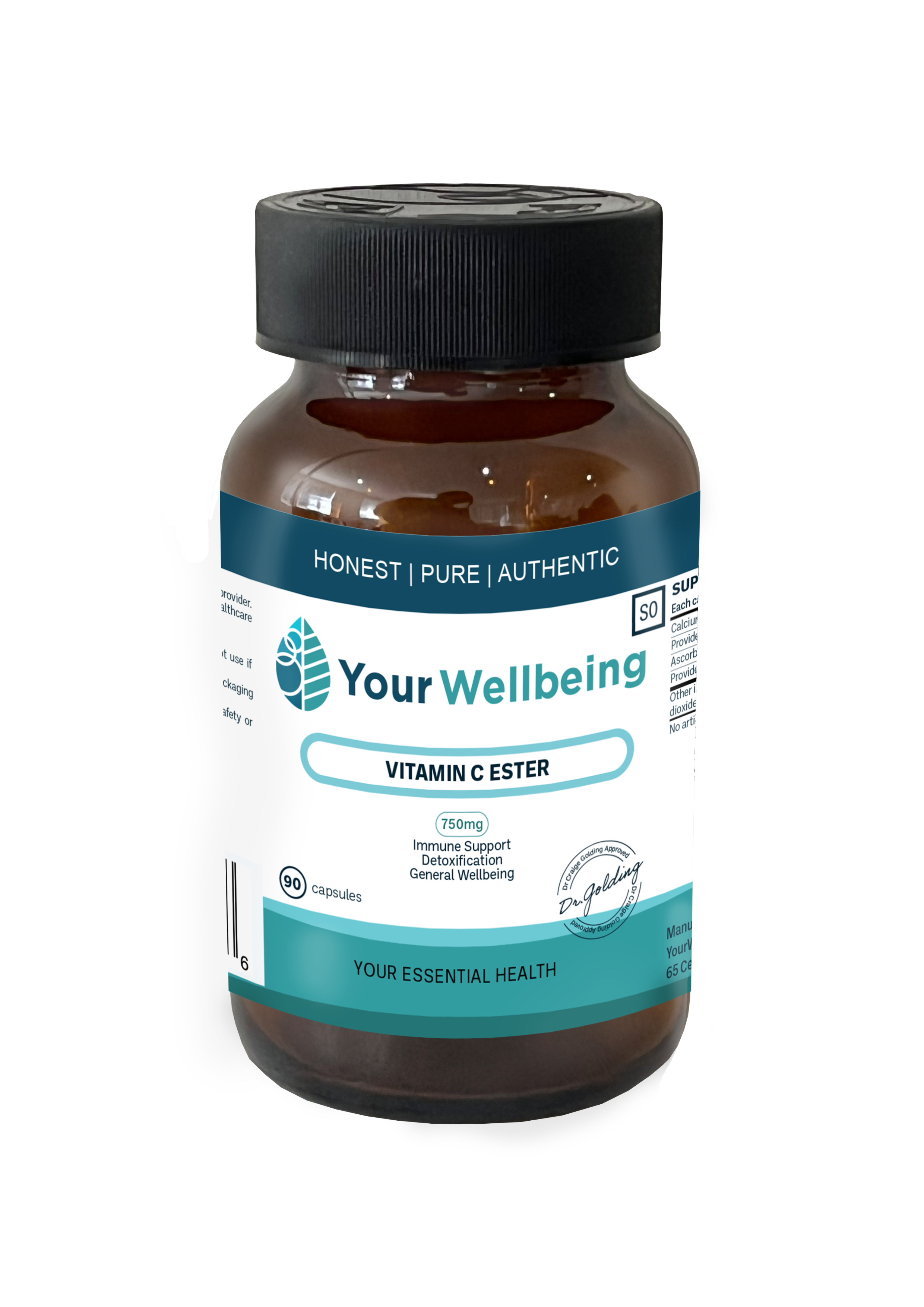
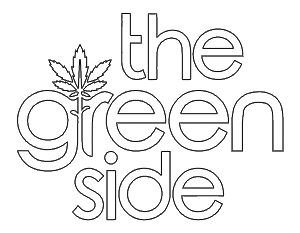

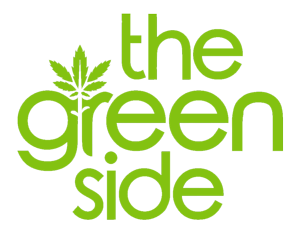
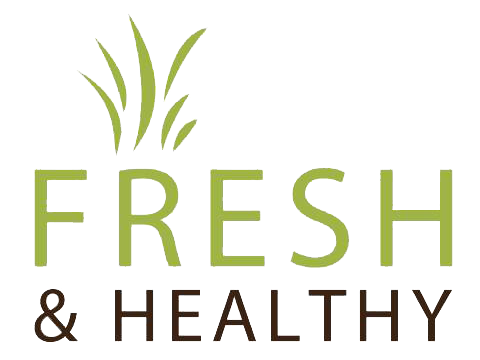
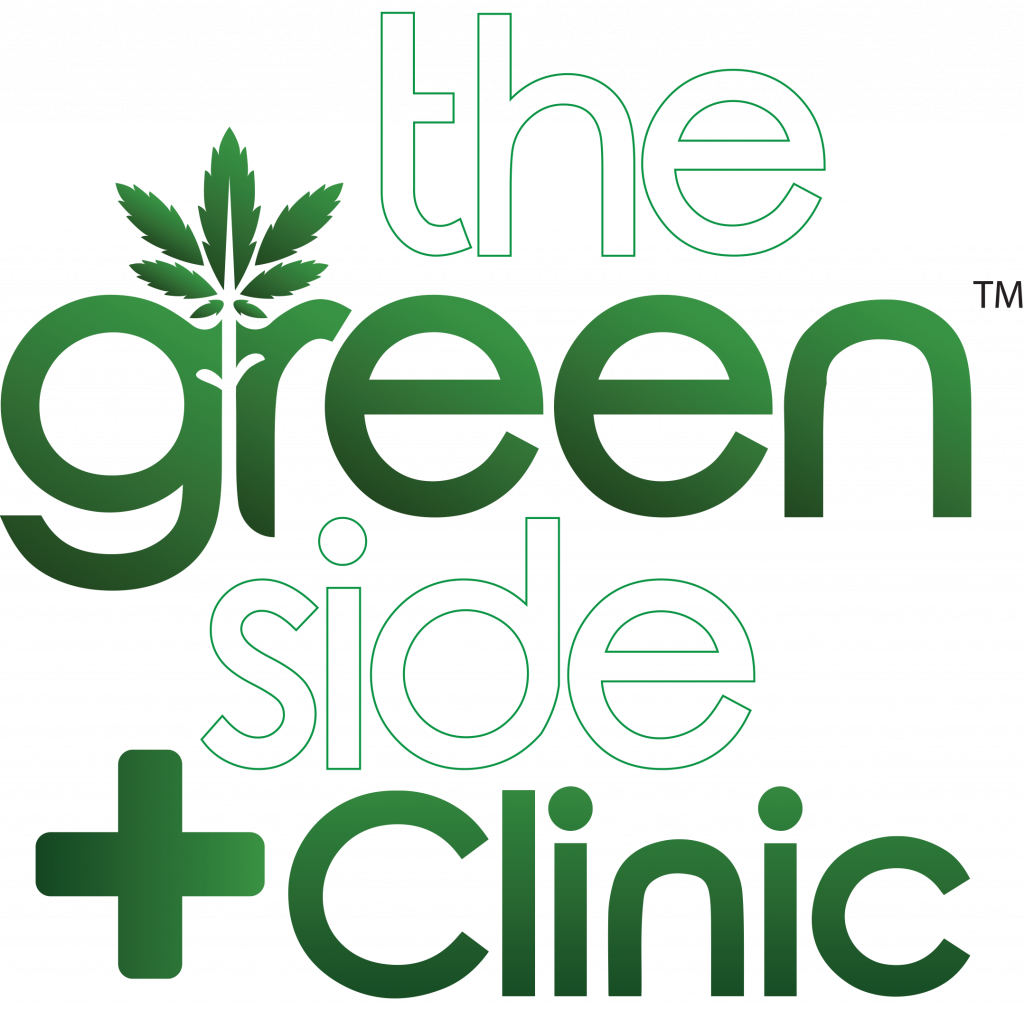












Reviews
There are no reviews yet.